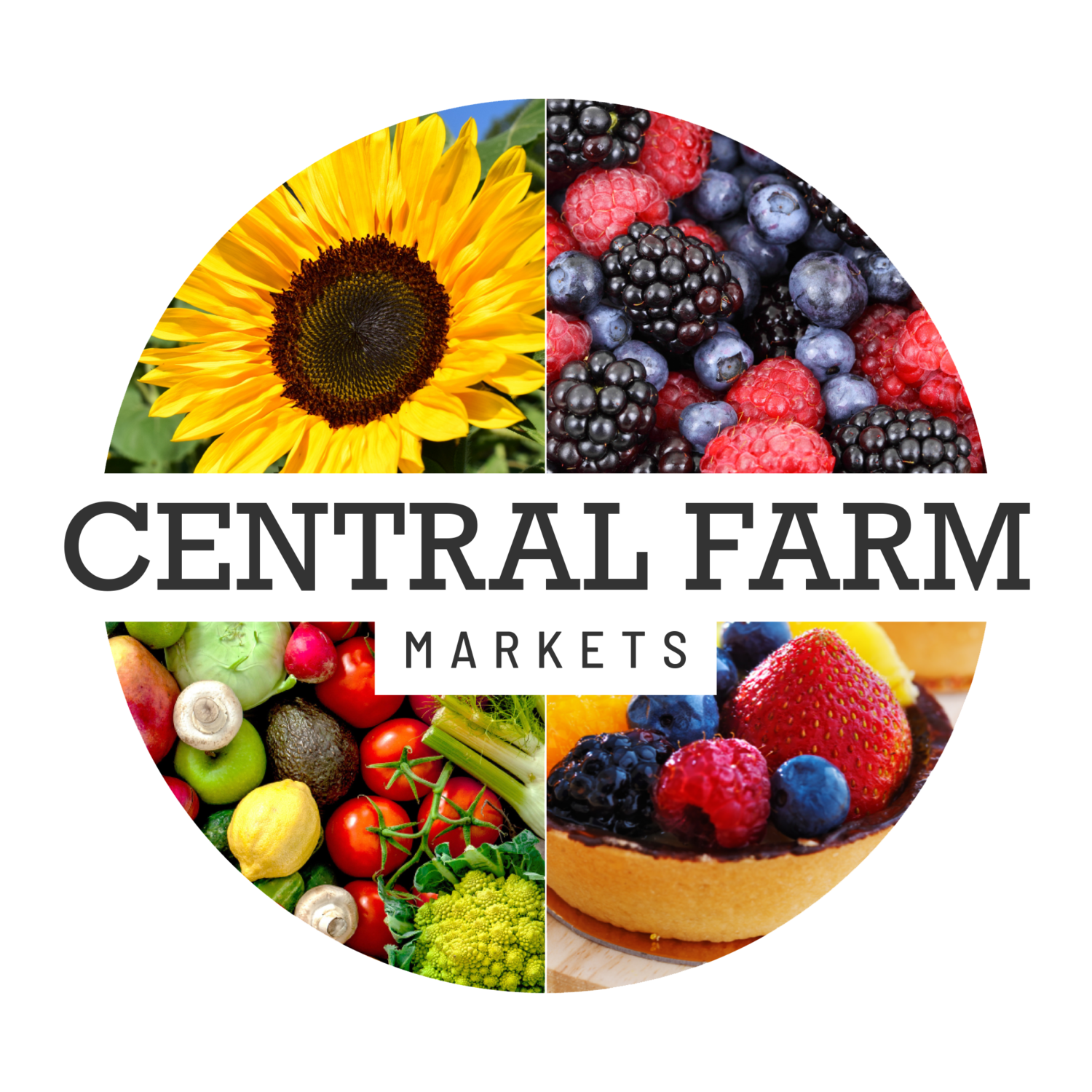What is Fair Trade?
 Over the years I’ve received about every question one could ask - are your products grass-fed, organic, humane, biodynamic, local, sustainable, vegetarian-fed, predator friendly, non-GMO? The answers always serve as a teaching moment to explain the importance, hype and impact which precipitated the question.But last Sunday was the first time anyone asked if my stuff was “Fair Trade.” Before I could offer my explanation, the customer threw up her hands in exasperation, spun on her heels and stormed away. Ma’am, if you are reading this week’s Dishing the Dirt blog post, it’s dedicated to you.What is Fair Trade?Fair Trade began as a social movement to help producers in developing countries cultivate better trading conditions and to promote sustainable agricultural practices. Fair Trade products Central Farm Markets customers most likely encounter are coffee, chocolate, tea, spices and sugar.The basic tenets of Fair Trade designation are:
Over the years I’ve received about every question one could ask - are your products grass-fed, organic, humane, biodynamic, local, sustainable, vegetarian-fed, predator friendly, non-GMO? The answers always serve as a teaching moment to explain the importance, hype and impact which precipitated the question.But last Sunday was the first time anyone asked if my stuff was “Fair Trade.” Before I could offer my explanation, the customer threw up her hands in exasperation, spun on her heels and stormed away. Ma’am, if you are reading this week’s Dishing the Dirt blog post, it’s dedicated to you.What is Fair Trade?Fair Trade began as a social movement to help producers in developing countries cultivate better trading conditions and to promote sustainable agricultural practices. Fair Trade products Central Farm Markets customers most likely encounter are coffee, chocolate, tea, spices and sugar.The basic tenets of Fair Trade designation are:
- Farmers are paid an equitable price for their goods covering the cost of production plus a profit to ensure a decent standard of living. Similarly, living wages for workers is factored into the cost.
- Neither slave or child labor is used in the production.
- There are working hours and conditions standards for safety and healthy.
- To sustainably manage resources to benefit the environment.
The Fair Trade movement has been around since the 1940’s, and was officially recognized by the United Nations in 1968. As it has matured, offshoots promoting specialized agricultural practices such as shade-grown (better for birds, less chemical use) as well as social justice causes (women-owned cooperatives).Since Fair Trade only involves imported goods, one will not find Fair Trade produce or meat products at Central Farm Markets. The proper questions to ask should focus on domestic third-party certifications. Here are a few to consider.
- Certified Organic
- Animal Welfare Approved
- GAP Certified
- Certified Naturally Grown
- Certified Humane
Keep in mind that many of the producers who opt for third-party certifications are often selling to retailers in addition to participating in regional farmers markets where they are interacting directly with their customers. Third-party certifications are a tool in remaining competitive in a wholesale environment and often required by retailers.Each certification requires extensive record-keeping, which for mid-sized farms might mean hiring an extra person just to do the paperwork. Smaller farms may not have the income to pursue third-party certifications or prefer to devote their resources to tangible agricultural practices, such as infrastructure, training and quality of life.As one of my fellow vendors explained, “My customers know me, they trust me. I can spend the money on a piece of paper and a fancy logo on my label or I can take my family on vacation.”For our customers, if you are concerned about our agricultural practices, just ask us, and please be prepared to listen to our answers. We’ll feed your mind, as well as your body.
